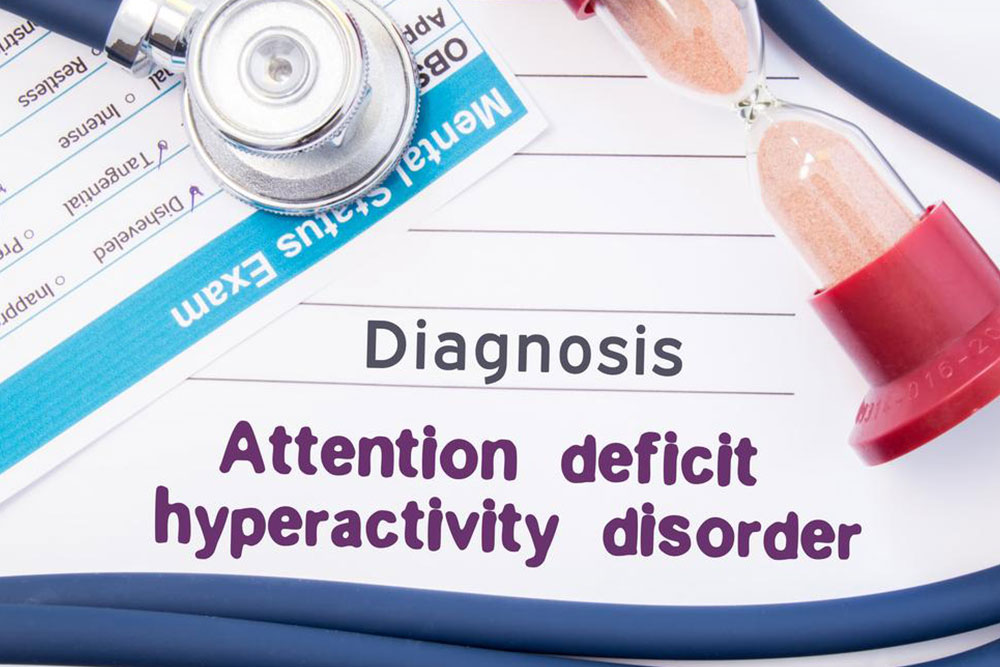Key Signs and Symptoms of Head Injuries You Should Recognize
This article highlights vital signs and symptoms of head injuries, including concussions, hematomas, and hemorrhages. Recognizing these symptoms early can be life-saving. It emphasizes the importance of prompt medical evaluation for head trauma, detailing various injury types and their warning signs. The content aims to raise awareness about head injury symptoms to facilitate timely intervention and prevent permanent damage or complications. Proper understanding of head injury symptoms is crucial for seeking immediate medical attention and ensuring recovery.

Key Signs and Symptoms of Head Injuries You Should Recognize
Head trauma, including concussions, skull fractures, scalp wounds, or any injury affecting the brain, skull, or scalp, is commonly referred to as a head injury. The severity can vary from minor bumps to serious traumatic brain injuries. Prompt diagnosis is crucial to determine the appropriate treatment and prevent complications.
Head injuries can be categorized as open or closed. Open injuries involve penetration through the skull, while closed injuries do not. Bleeding may be minimal or severe depending on the injury type. A healthcare professional can assess the injury's severity quickly and recommend suitable care.
Various head injuries present distinct symptoms. Below are some common signs associated with different types of head trauma:
Hematoma Indicators
A hematoma involves blood pooling outside blood vessels, causing pressure inside the skull. Symptoms include loss of consciousness, which can lead to permanent brain damage if untreated.
Hemorrhage Signs
Hemorrhages result in uncontrolled bleeding and symptoms such as persistent headaches, nausea, and vomiting.
Concussion Symptoms
Concussions cause the brain to impact the skull's interior, producing symptoms like difficulty thinking and remembering, nausea, headache, dizziness, light and noise sensitivity, fatigue, and mood swings.
Diffuse Axonal Injury Symptoms
This injury damages brain cells without external bleeding and often leads to swelling, which can be life-threatening if not diagnosed early.
Additional Key Symptoms
Other signs include seizures, loss of coordination, disorientation, eye movement issues, fluid discharge from the nose, muscle control loss, blackouts, fainting, and changes in mood or behavior. Recognizing these symptoms early is vital for effective treatment.









